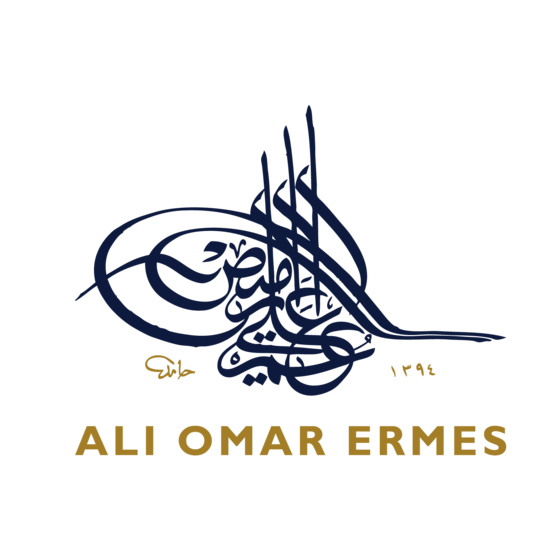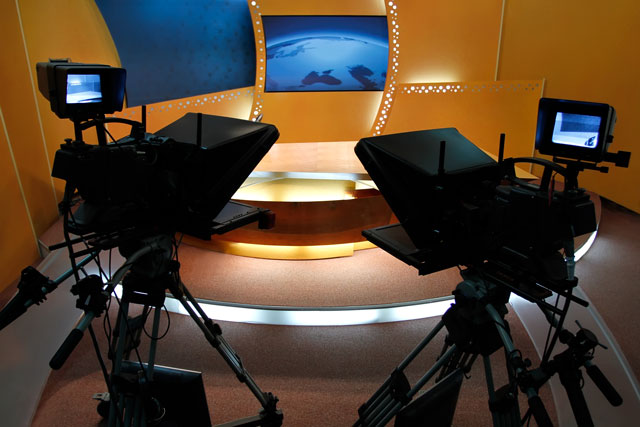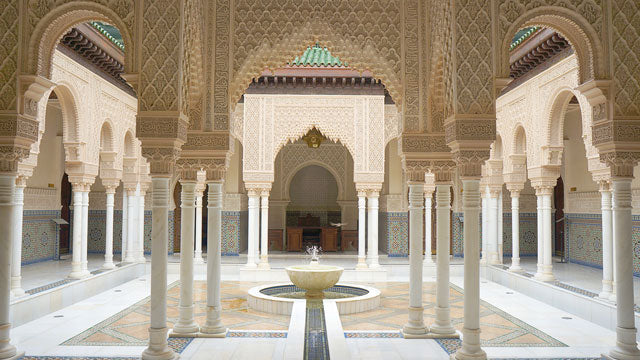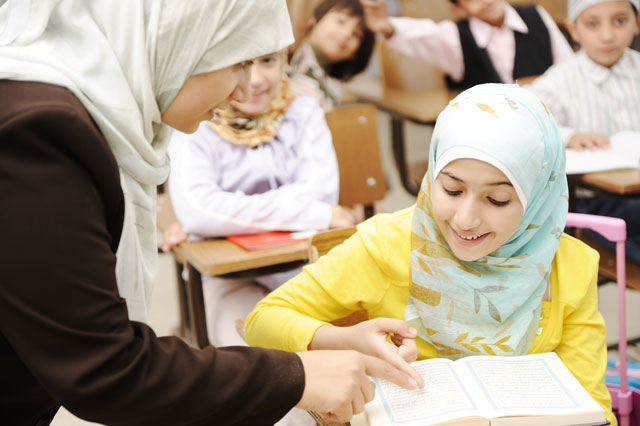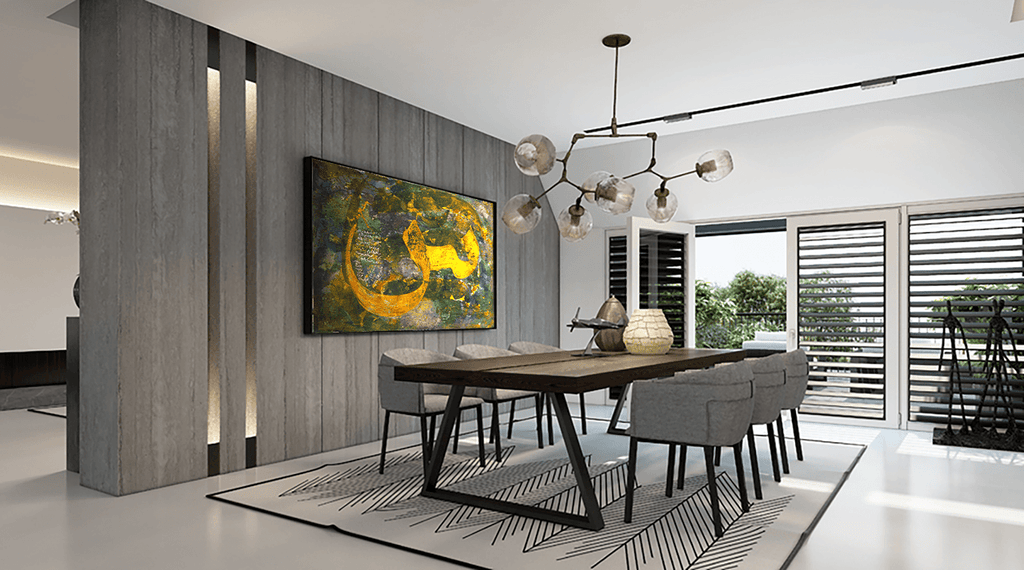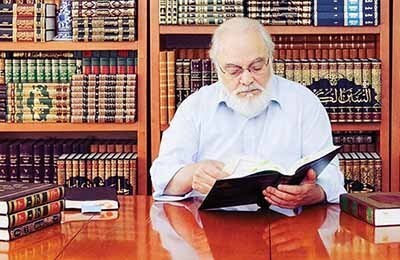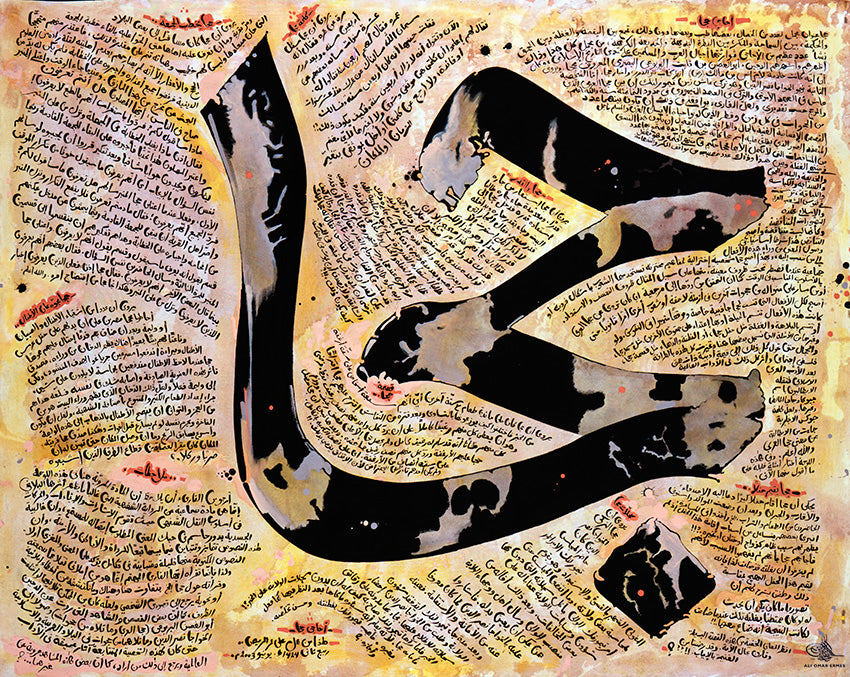The Arab Media in Britain
Arab Media
Ladies and Gentlemen, before I begin, I would like to remind you that this is a multi-dimensional subject, filled with contradictory issues, concerning approx 300 million people, 22 nations and an anciently, enduring but remarkably modern language. Although in this short space of time, I will only give a general feel of the matter. During the late part of the 1970s, there were a few Arab media outlets such as Al Arab and Asharq al Awsat newspapers and Al-Majaleh magazine that started to appear but it is generally agreed upon that 1980s was the decade that witnessed the birth of the British Arab media.
A Glimpse of Islamic Heritage
The slide show consisted of around 150 photographs, taken over the last 30 years by Ali Omar Ermes himself, each one showing an example of the vast heritage and history of Islam.
The Importance of Faith-based Education for the Muslim Community
Ladies and gentlemen, this is a big subject with a huge debate entailed. However, for your overwhelming good fortune and my relief, I can gladly tell you that this is not a full engagement for the subject, which can take a long time and can be very academic.
The Invisibility of the Arab Community in Britain
It is hard to believe that a community of immense intellectual and financial input to the British society such as the Arab community is invisible. A community of about five hundred thousand people in Britain (The Economist 1988), of which up to three hundred thousand people live or work in London alone, with approximately 200 banks and financial institutions with 150 billion worth of investment and over 10 billion worth of business (Adel Bishtawi paper for the third Arab community conference 1999, Directory of Arab-British companies 2001) input to the British society and up to ten daily newspapers and weekly magazines, plus about five satellite and radio stations. Not to mention tens of thousands of medical doctors, engineers, professors, academics, writers, poets, filmmakers, artists, etc and on top of all that, finance experts, political analysts, social experts, and voluntary workers, etc.
Contemporary Islamic Arts: a Positive Contribution to London
This is a Conference Paper which was presented by Ali Omar Ermes at ‘The Middle East in London’ Conference held at SOAS on the 27th to 30th June 2001. It is displayed in full here for your convenience
Fiqah for Muslims in Europe
This paper is based on the argument that Islam is an ever-lasting medium of human development, taking natural progress (God’s laws governing people and other beings) as the platform where nobody (but God) can escape the natural roles. Therefore, Muslims are affected as everybody else. And, Islam is the system where people find practical means for their development and natural growth.
A Matter of Appreciation
Discussion about what constitutes both Islamic arts is crucial for a multi-cultural society says Ali Omar Ermes
This month’s article is more of a bullet point piece than an analytic one, for the simple reason of space. I suspect that as on other important subjects, we need to have a few more articles in the future’s issues, to scratch the subject surface, but we can look at this as a start.
Art in Islam is an ongoing process of creativity based on theoretical knowledge and practical know-how in all areas of human endeavor and walks of life.
Working in Mysterious Ways
A meeting was held at the Department of Culture Media and Sport to discuss issues such as discrimination made by some sectors against various ethnic minorities and is affecting their funding chances in sports, arts, media etc, this was a part of an ongoing consultation process by the department in order to prepare a report to set out general standards and to bring certain roles of behaviour for the public funding agencies to work by and to take on board ethnic minorities’ points of views, hopes and aspirations.
Security Council Seat for Chechnya
When I thought of writing for Q news about issues of importance to the Muslim community in Britain and society at large, then, I had so many burning thoughts and boiling questions, that all became so crowded thus hard to select the right ones to start with, and to tell you the truth, I was at a loss.
Is it going to be this blatant daydream tax of the two times a week lottery? With its unholy practices which have swept the nation and with it some of the Muslim community’s poorest, an issue of considerable importance.
